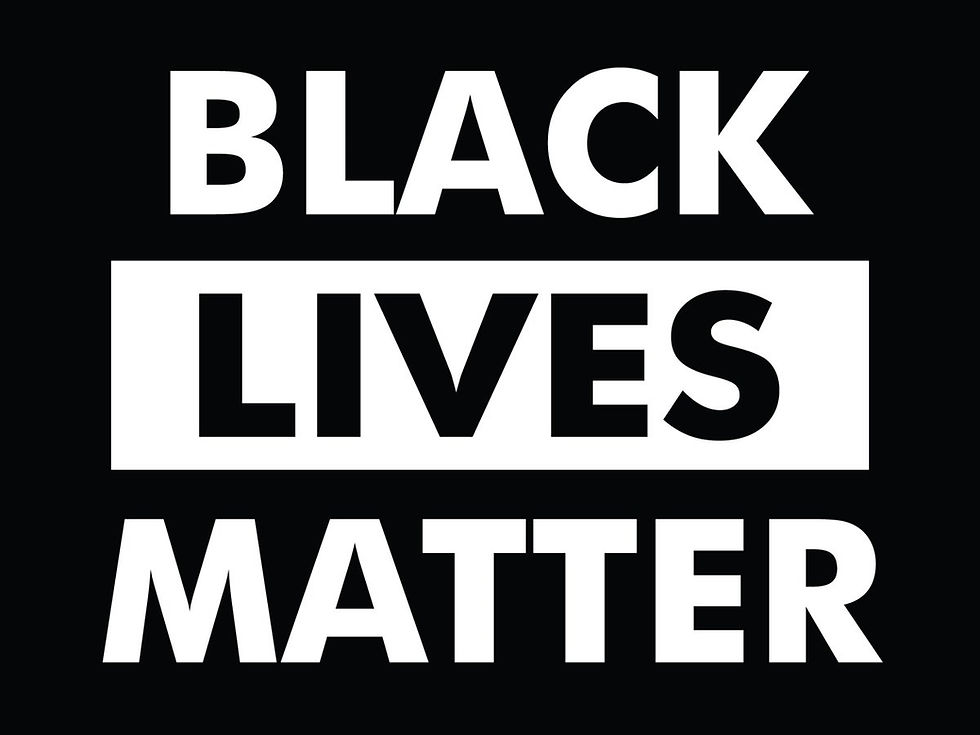The Cooper Lab stands in solidarity with the Black community.
- katelyncooper1
- Jun 3, 2020
- 2 min read
The Cooper Lab stands in solidarity with the Black community. This lab is built on the premise of creating a more diverse and inclusive scientific community. Yet, we recognize that there is much more we need to learn and to do in order to become better advocates for racial justice in particular. We commit to devote more time and work to promoting racial justice at the local and national level. We also echo the sentiments outlined in the Society for the Advancement of Biology Education Research's Statement of Solidarity with the Black Community (see bottom of the page for helpful resources):
SABER's Statement of Solidarity with the Black Community

The Black community in the United States deserves to feel safe no matter where they are. However, events in recent weeks remind us how systemic racism and biases threaten that safety. We as an academic community stand in solidarity with the Black community against these tragic injustices, and we are committed to finding ways to ensure our community is safe and welcoming. As a biology education organization, we are specifically committed to supporting our students and colleagues who are in pain and hurting because of these senseless acts of violence against Black Americans.
Since its inception, SABER has been graciously hosted by the University Minnesota-Twin Cities in Minneapolis. However, as a society, we need to reckon with our lack of awareness and action pertaining to the longstanding racial injustices across the country, and particularly in Minneapolis - injustices that resulted in the murder of George Floyd and violence against countless other Black Americans. One of the stated goals of our organization is to "strive for an inclusive community", part of which requires us to better understand and respond to the ways in which these longstanding racial injustices impact the lives of our students, members and colleagues. Moving forward, we commit as a society to educating ourselves and taking anti-racist action in the places where we convene, whether that be in Minneapolis or elsewhere. Furthermore, we will fight against systemic racism to better understand the potential struggles of our students and colleagues, particularly if we do not share their racial identities.
A first step to address these injustices is to increase our understanding of these inequalities and how our own biases are potentially contributing to these issues. We have compiled a suite of resources that can help us:
To join a book club focused on “How to be an Anti-racist” led by Mays Imad and Bryan Dewsbury, click here.
Suggested Articles:
Podcasts:
For additional anti-racism books, podcasts, and articles, click here.
Sincerely,
SABER Executive Committee and SABER Diversity and Inclusion Committee




Comments